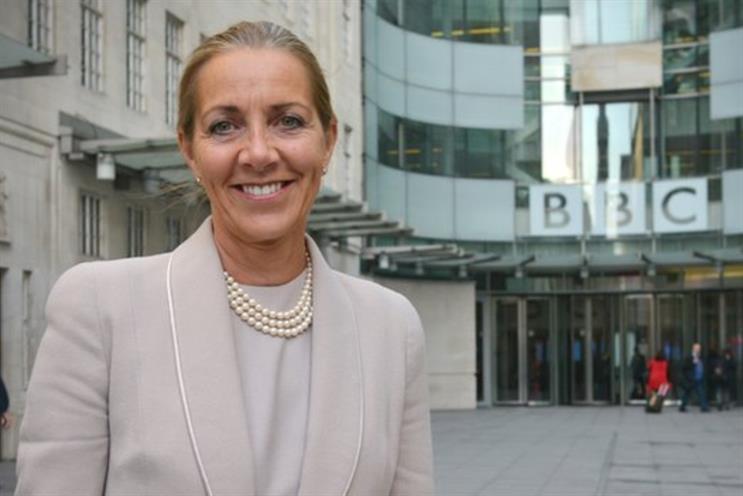
The BBC has agreed to pay the £650 million annual cost of providing free TV licences for the over-75s in return for a "number of significant mitigations" and the survival of the licence fee funding mechanism for at least the next five years.
John Whittingdale, the culture secretary, also confirmed in the House of Commons that by taking on the additional cost, the TV licence fee – currently £145.50 – will be allowed to rise in line with inflation as measured by the consumer prices index.
The government has confirmed the first impact of taking on the cost of free licence fees for over-75s will be felt by the BBC in 2018/19, when it will amount to £250m. The state-owned broadcaster's financial commitment will nearly double to £450m the following year, and rise to £750m by 2020/21.
The government will also reduce the BBC's broadband costs to £80m in 2017/18, £20m in 2018/19, £10m in 2019/20 down to zero in 2020/2.
In an open letter to the Chancellor of the Exchequer, George Osborne and Whittingdale today, Fairhead stressed she wanted to set out the Trust's position as clearly as possible, "given the speed at which discussions were concluded".
She stated: "We accept this decision is a legitimate one for the government to take, although we cannot endorse the process by which it has been reached.
"Clearly, beyond the current Charter period it is for the government to determine both its policy on the over-75s concession and how that is funded. We could not, ultimately, obstruct any decision that you made.
"We acknowledge that nonetheless, following discussion with the BBC Executive and the Trust, you have agreed a number of significant mitigations: modernising the licence fee to include catch-up TV, phasing this change over four years and simultaneously phasing out the existing cost to the BBC of funding the government’s broadband programme from the licence fee.
"Given those mitigations, and in particular with the assurance that the licence fee (of £145.50) will rise in line with CPI over the next Charter Period, we will not oppose the change being made.
"The BBC Executive Board has confirmed to the Trust that it accepts the decision on this basis.It is our presumption that the government will not now seek to impose further costs on the BBC during the Charter Period.
"Both the Trust and the Executive are committed to driving further change and efficiencies, in the light of the economic challenges that face us, and to pursue all other possible sources of revenue.
"However, the executive are clear that the necessary savings will not be achieved through productive efficiency alone and will inevitably have some impact on the nature of the BBC’s services.
"The Trust has a specific duty to represent the interests of licence fee payers. We are disappointed that they have not been given any say in the major decisions about the BBC's future funding.
"However, we accept that those decisions now set a clear financial framework, subject to the terms set out in your letter, for a Charter Review process that will focus on what the BBC provides in return for its funding. We will want to make sure the public are at the centre of that debate.
"We welcome the government’s commitment to consider carefully the case for decriminalisation in light of the Perry Report and the need for the BBC to be funded appropriately, and that no decision should be taken in advance of Charter Review."
NUJ slams 'shabby deal'
However, the behind-the-scenes deal announced in the Commons has been met with anger and disbelief in some quarters. Michelle Stanistreet, general secretary of the National Union of Journalists, said: "You couldn’t make it up.
"The last time a shabby deal was done behind closed doors, John Whittingdale condemned the ‘short, private negotiation between the BBC and the government’ as not doing ‘much to inspire confidence in the independence, transparency or accountability of the process’.
"Yet here we are again. Despite repeated commitments made by Tony Hall to a process with full transparency, we find out through leaks and a forced statement to parliament that the BBC leadership has caved in to government demands that will further weaken the BBC’s ability to survive as a public service broadcaster of worldwide repute.
"That staff and licence fee payers found out about this done-deal in this way is a disgrace. NUJ members trusted that this time round there’d be a fight by the current leadership at the corporation to preserve the BBC’s independence and capacity to continue delivering quality journalism and programming.
"I’m sure those individuals running the BBC have kidded themselves into believing they’ve got the best deal possible, just like Mark Thompson no doubt did last time round. There will be many more millions of licence fee payers who roundly object to the principle of the BBC allowing itself to be annexed by the Department for Work and Pensions."



.jpg)


.jpg)